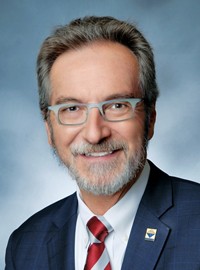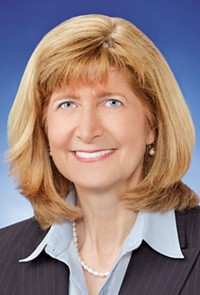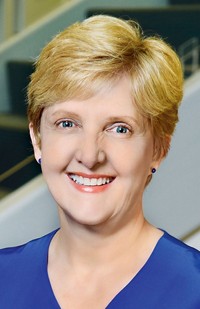Advertisement
Grab your lab coat. Let's get started
Welcome!
Welcome!
Create an account below to get 6 C&EN articles per month, receive newsletters and more - all free.
It seems this is your first time logging in online. Please enter the following information to continue.
As an ACS member you automatically get access to this site. All we need is few more details to create your reading experience.
Not you? Sign in with a different account.
Not you? Sign in with a different account.
ERROR 1
ERROR 1
ERROR 2
ERROR 2
ERROR 2
ERROR 2
ERROR 2
Password and Confirm password must match.
If you have an ACS member number, please enter it here so we can link this account to your membership. (optional)
ERROR 2
ACS values your privacy. By submitting your information, you are gaining access to C&EN and subscribing to our weekly newsletter. We use the information you provide to make your reading experience better, and we will never sell your data to third party members.
Careers
LGBT chemists in the lab
November 21, 2016
| A version of this story appeared in
Volume 94, Issue 46
Regarding the article “A Place at the Bench” concerning members of the lesbian, gay, bisexual, and transgender (LGBT) community who are chemists (C&EN, Oct. 17, page 18), I find it objectionable that C&EN continues to inject political issues into our professional society that are unrelated to the aims of the American Chemical Society. ACS should not be taking sides on LGBT issues. Please do not attempt to steer ACS to one side or another on issues that are unrelated to the society’s aims and goals.
Mark Paul Bowman
New Kensington, Pa.
Benjamin Fiore-Walker, manager of ACS’s Department of Diversity Programs, responds:
ACS sees LGBT issues as relevant to chemists in increasingly more diverse and inclusive workplaces. As the C&EN article states, the importance and understanding of what LGBT chemists experience on the job is part of the effort to create more welcoming and inclusive workplaces.
LGBT issues have been on the rise in workplace discussions for several years now as an increasing number of Fortune 500 companies have changed employment policies and have added protections as they realize the value of LGBT employees, market trends, and employee relations. However, the same is not as true for academic employees and students. Higher education lags behind the private sector in the creation of employee protections based on sexual identity and expression. Therefore, LGBT issues are true workplace issues. They move past being an attempt to be merely politically correct when LGBT employees and trainees can suffer workplace discrimination on the basis of sexual orientation and gender identity in 30 states with no legal recourse. This is a different situation from issues of race, ethnicity, religion, and gender in the workplace because these are classes that are protected by antidiscrimination law.
The C&EN article is important because it serves the vital role of discussing how these larger workplace issues play out in the science, technology, engineering, and mathematics (STEM) field through the experiences of LGBT chemists. And we should stress that the story relates directly to ACS’s strategic plan. One of ACS’s core values is “diversity and inclusion.” In addition, ACS has a strategic goal to “empower an inclusive community of members with networks, opportunities, resources, and skills to thrive in the global economy.” Thus, the scope of the article fits within the aims, goals, and core values found in ACS’s strategic plan.
I thank C&EN for running the article and having this discussion.
ACS 2015 IRS Form 990 available
The American Chemical Society’s 2015 IRS Form 990 is now available on ACS’s website. To access the information, go to www.acs.org and follow these instructions: Click on “About ACS,” and then click on “Financial,” which brings you to the “ACS Financial Information” page. Under the heading “ACS IRS Form 990,” click on “2015 IRS Form 990.”
Also see the related “Guide to Schedule J” for explanatory information regarding ACS executive compensation. If you have access problems, contact webmaster@acs.org.





Join the conversation
Contact the reporter
Submit a Letter to the Editor for publication
Engage with us on Twitter